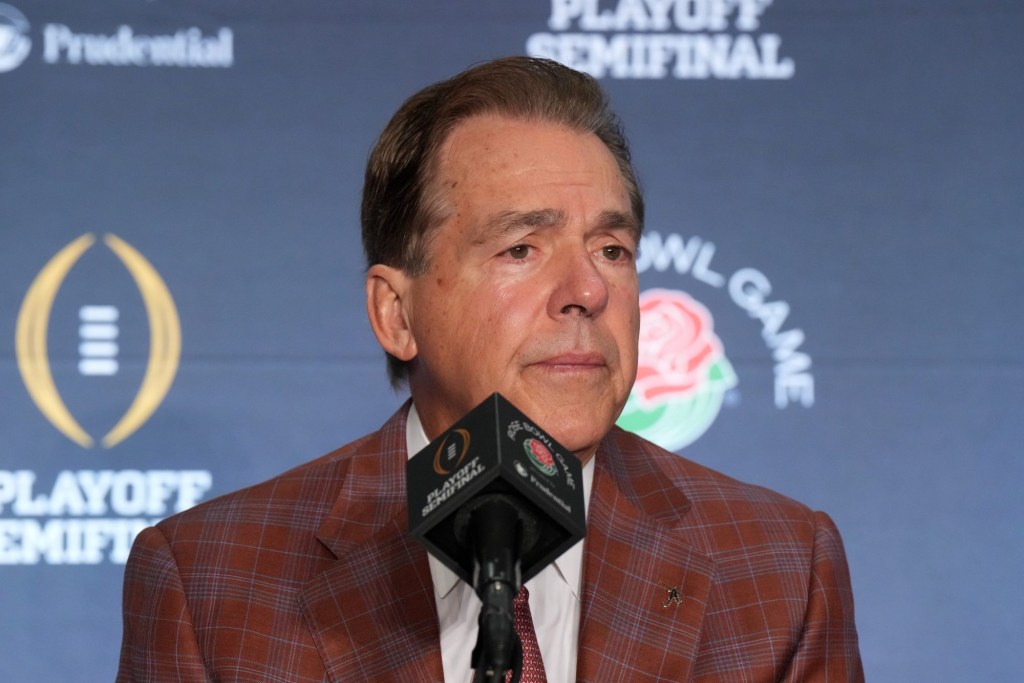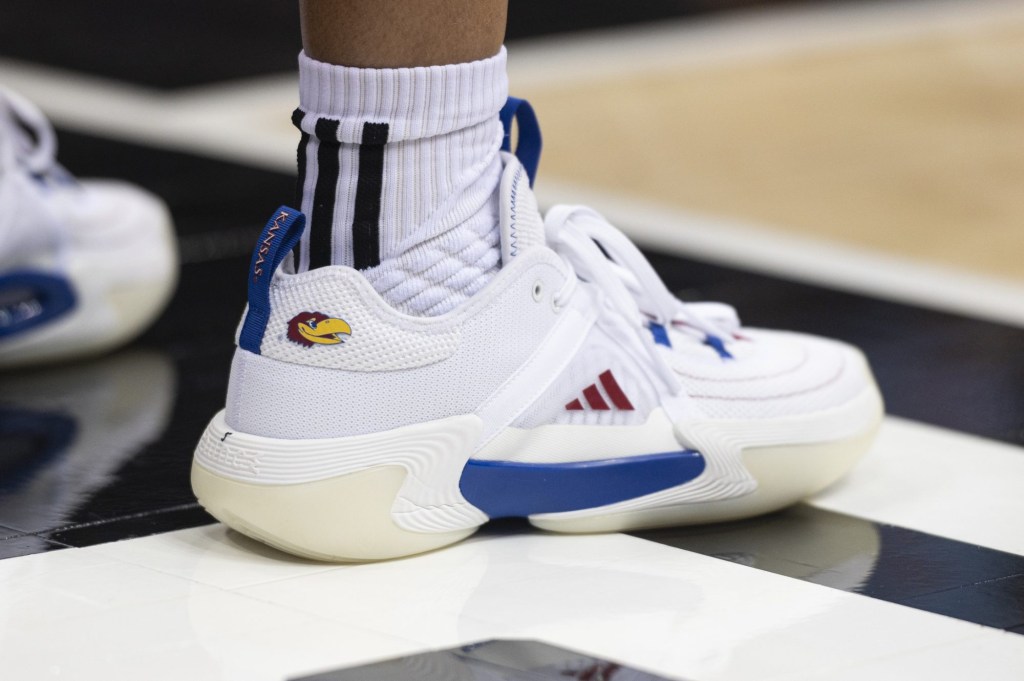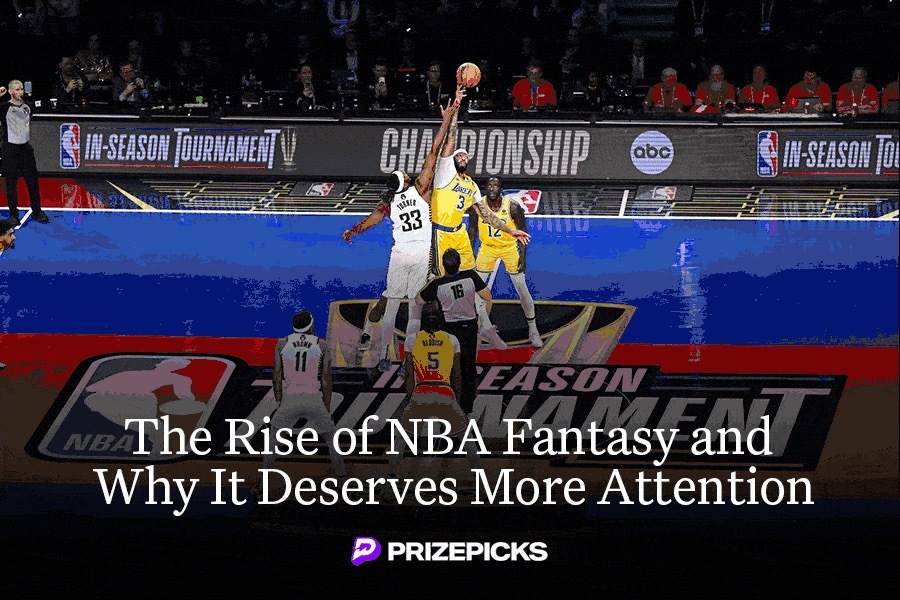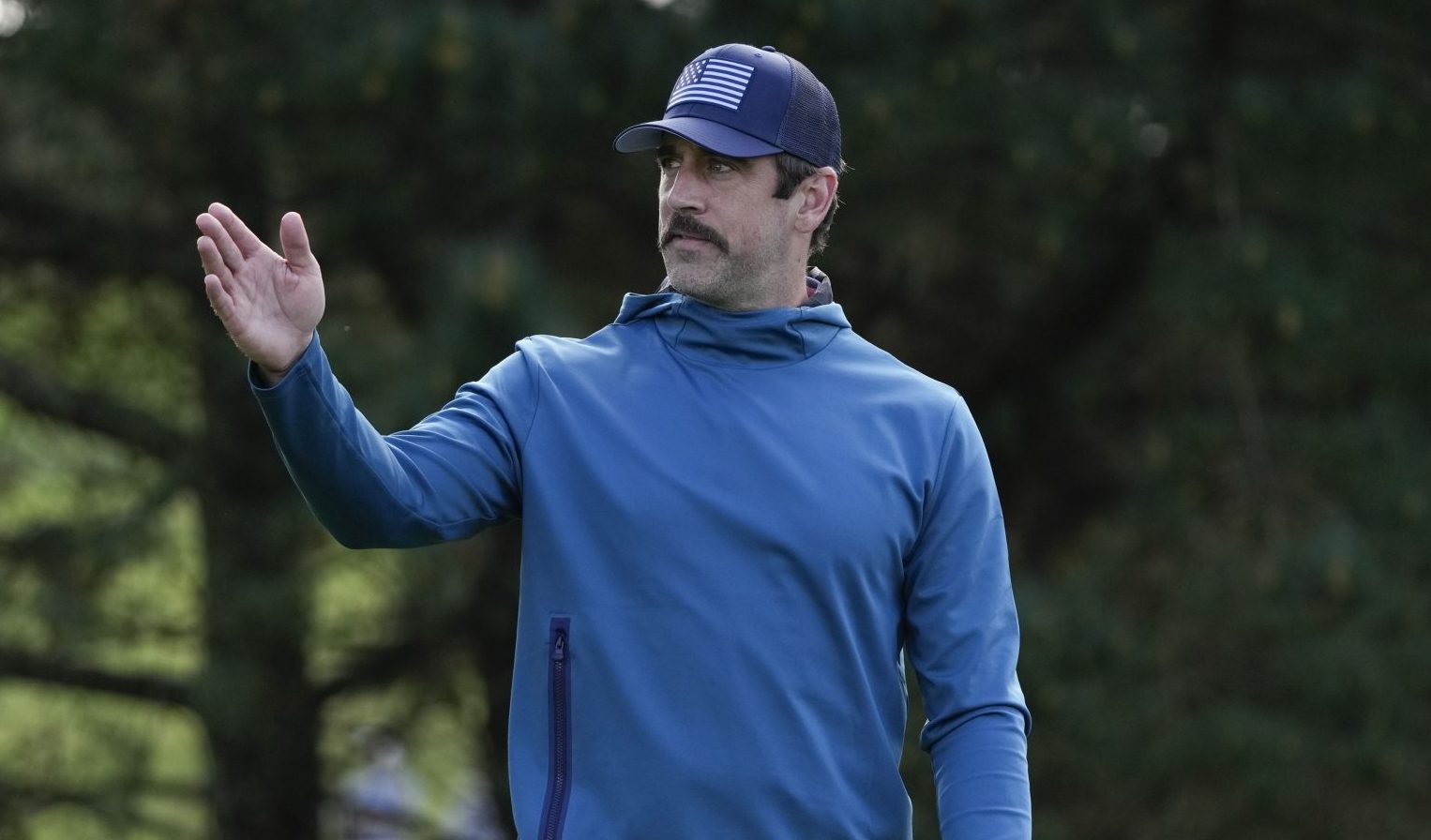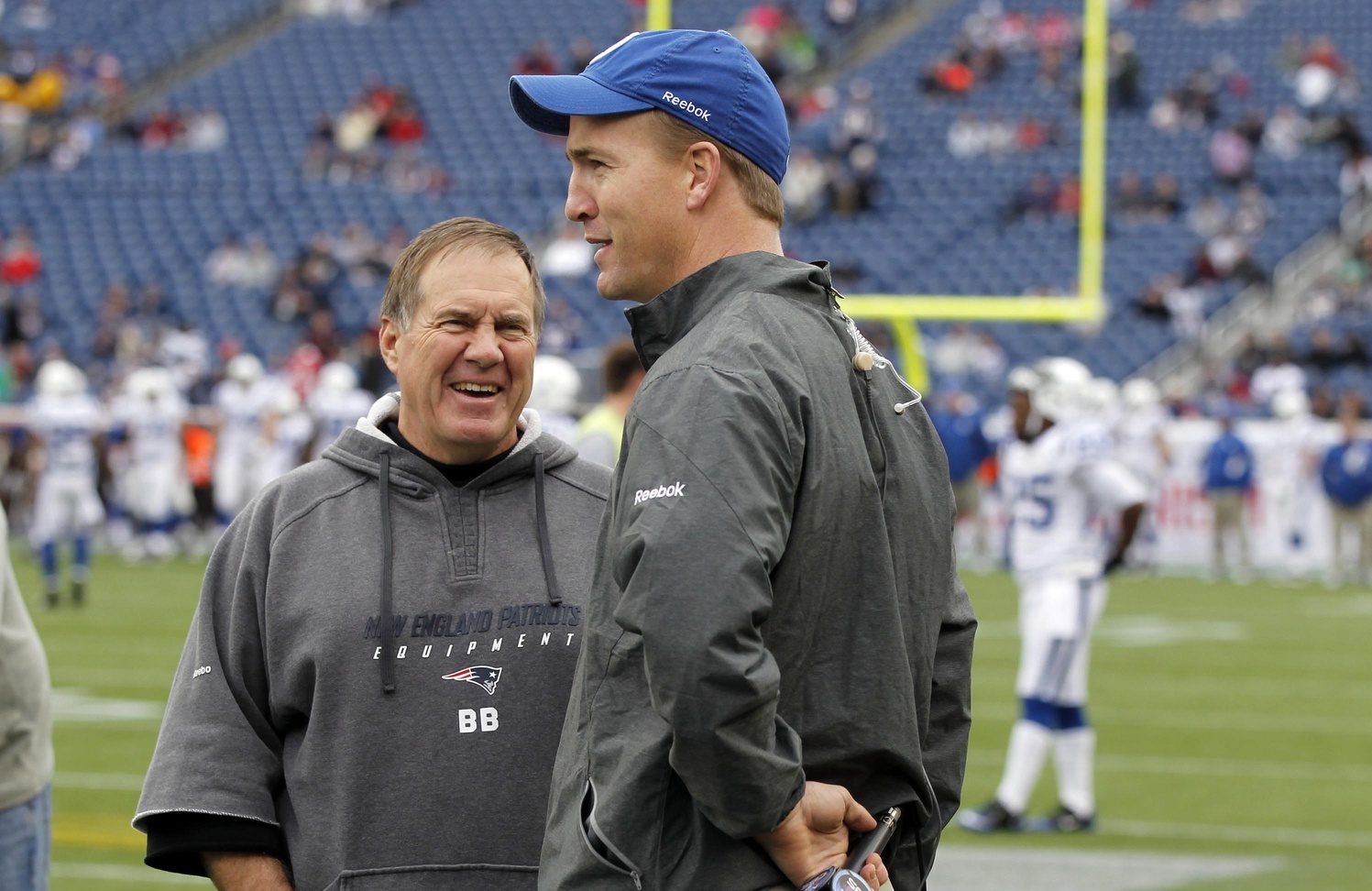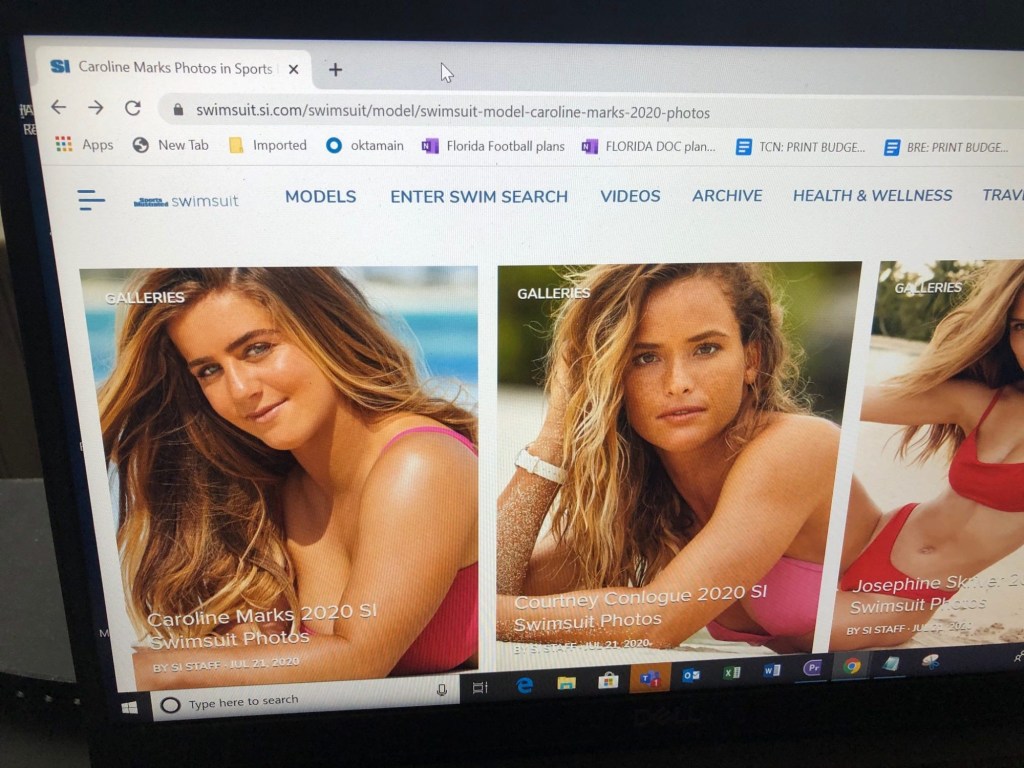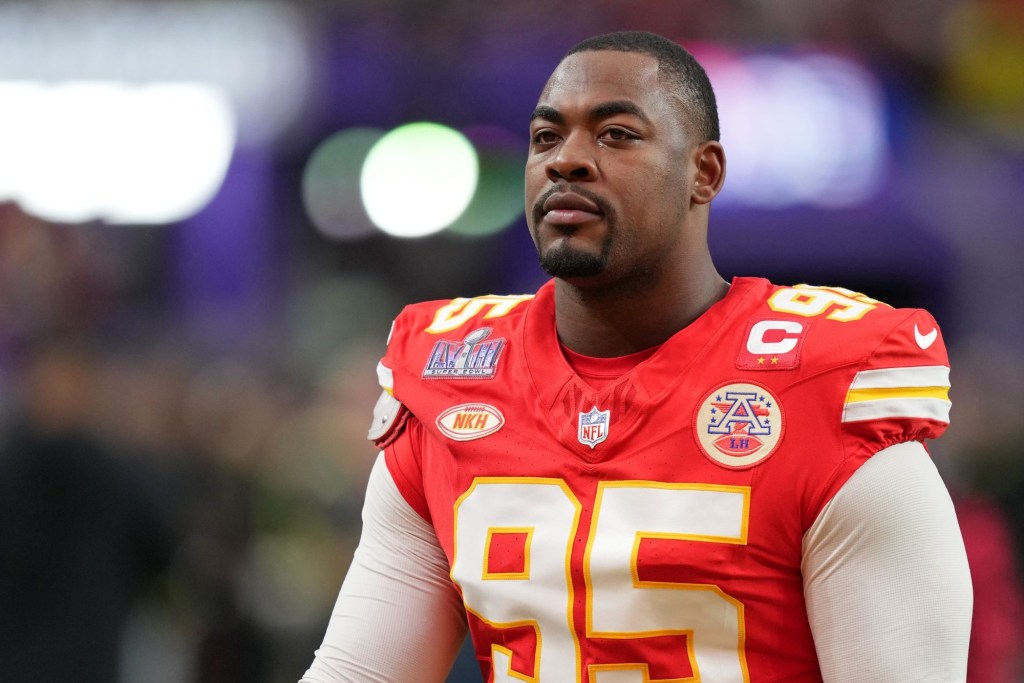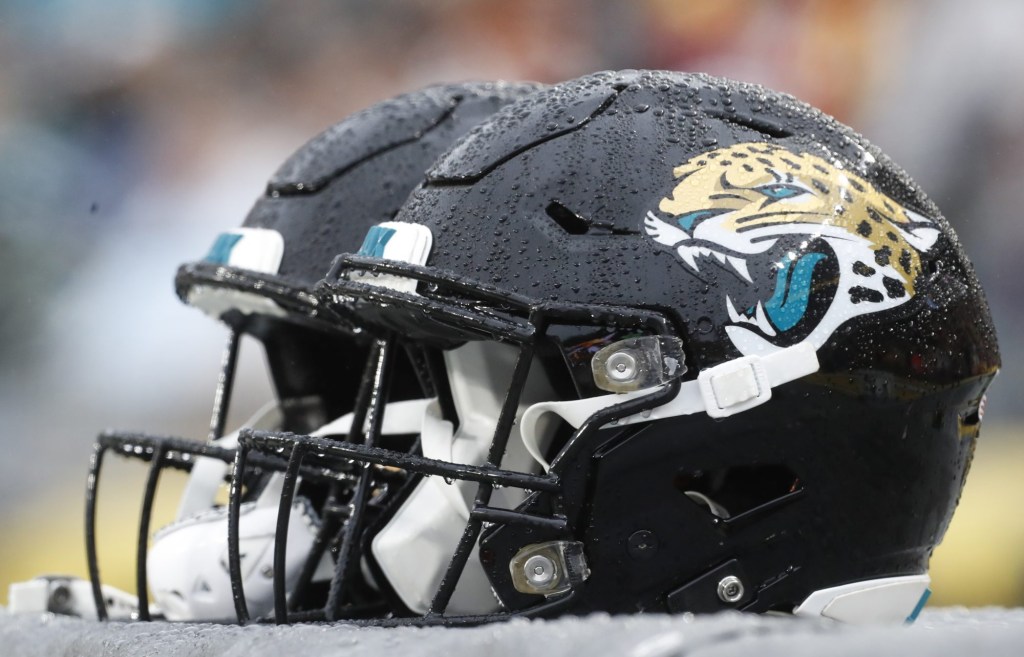College administrators have long called for federal legislation to regulate name, image, and likeness deals nationwide—so far without success. On Tuesday, a congressional hearing dived into college athlete unionization efforts, while an NIL roundtable hosted by Sen. Ted Cruz is stirring up debate thanks to some inflammatory statements from the event’s star-studded guest list.
Here’s what they said:
Nick Saban
On the lack of competitive balance in college sports: “It’s whoever wants to pay the most money, raise the most money, buy the most players, is going to have the best opportunity to win. I don’t think that’s the spirit of college athletics.”
On his wife, Terry, coming out of recent recruiting visits feeling like players and their parents only care about how much they’ll get paid: “All the things I believed in, for all these years, 50 years of coaching, no longer exist in college athletics. … That was a ‘red alert’ that we really are creating a circumstance here that is not beneficial to the development of young people.”
Alabama AD Greg Byrne
On the potential for cutting sports: “It’s the Olympic sports that would be in jeopardy, and that’s men and women. If you look at the numbers for us, at the University of Alabama, with our 19 sports outside of football and men’s basketball, I mentioned we lost collectively almost $40 million, and we funded that through our revenue from a football and men’s basketball standpoint. … There will have to be decisions made because there is not an unlimited supply of money like some believe.”
On the cost of sorting out the new collegiate sports landscape: “What has taken place from the court system, and the litigation that’s involved, and the potential damages that could come along with it are well into eight figures, and those are resources and revenues that don’t exist.”
ACC Commissioner Jim Phillips
On the purpose of NIL contracts: “We want to ensure that NIL deals are not recruiting inducements—that was never the intent. It was about what your abilities allowed you to do, what your name allowed you to do. Not just, hey, you’re a quarterback, you play a position, you get $250,000 without anything relative to services offered, services rendered.”
The Cavinder Twins
Haley Cavinder, on the benefit of NIL: “You can use your name, your brand, your social status on social media, and brands want to work with you regardless of how well you’re performing at your sport.”
Hanna Cavinder, on how NIL offers an alternative to turning professional: “Being able to profit and make as much money as you can in college and being able to both create a brand and set yourself up for the future is very, very important.”
What It All Means
While some of the financial figures revealed by Alabama’s Byrne, in particular, may be a bit shocking, comments from him, Saban, and Phillips shouldn’t come as much of a surprise. Coaches, ADs, and commissioners have been questioning the impact of NIL since its inception. The Cavinder twins, some of the first movers in the space, brought up important points about the benefits of NIL for women’s sports, especially. Will any of these NIL-focused efforts in D.C. speed up significant change? Take your best guess.


